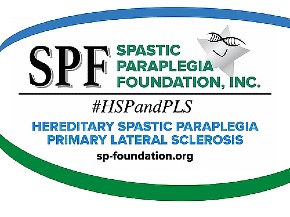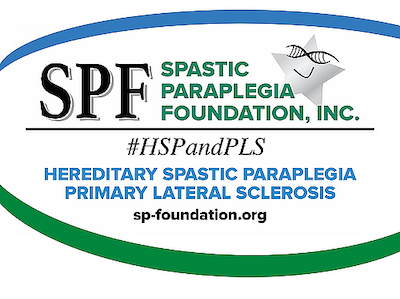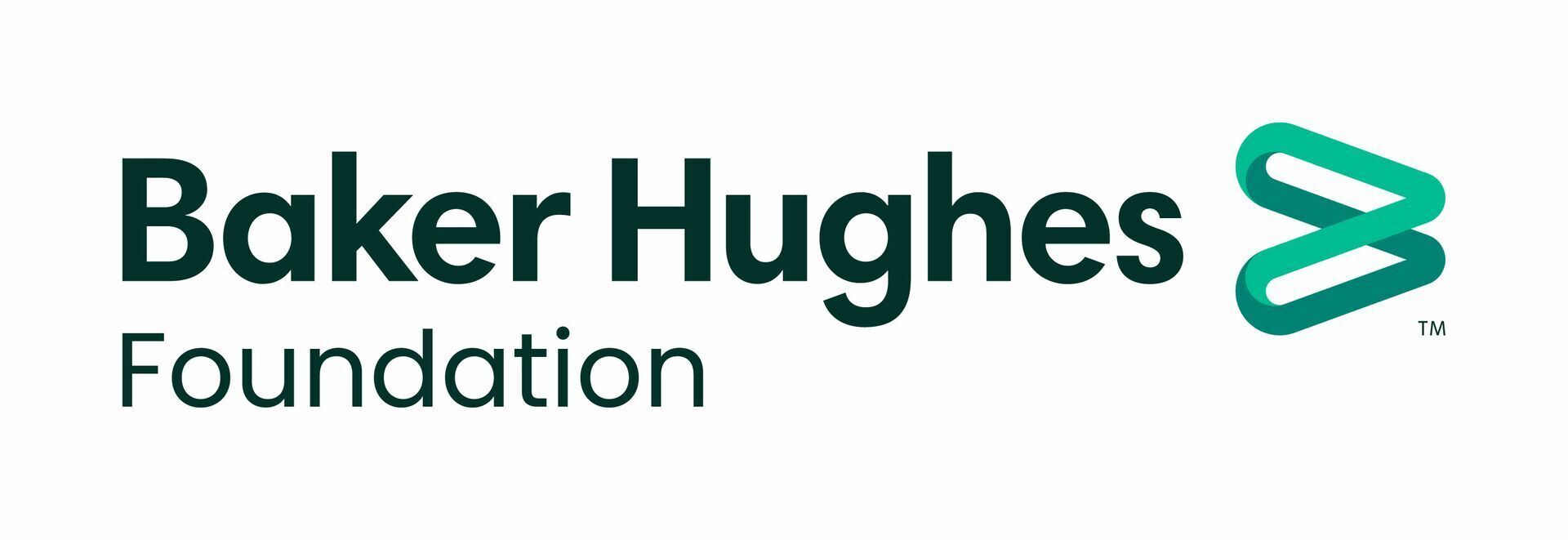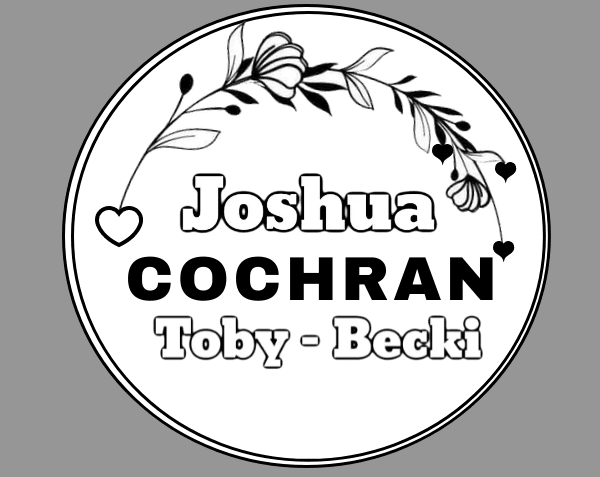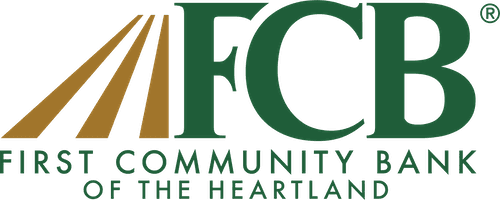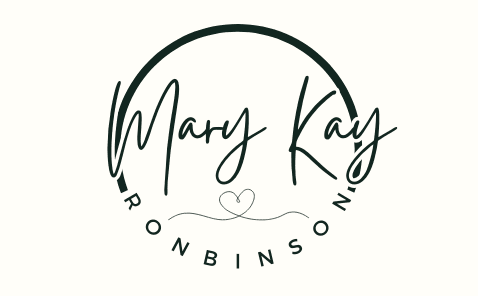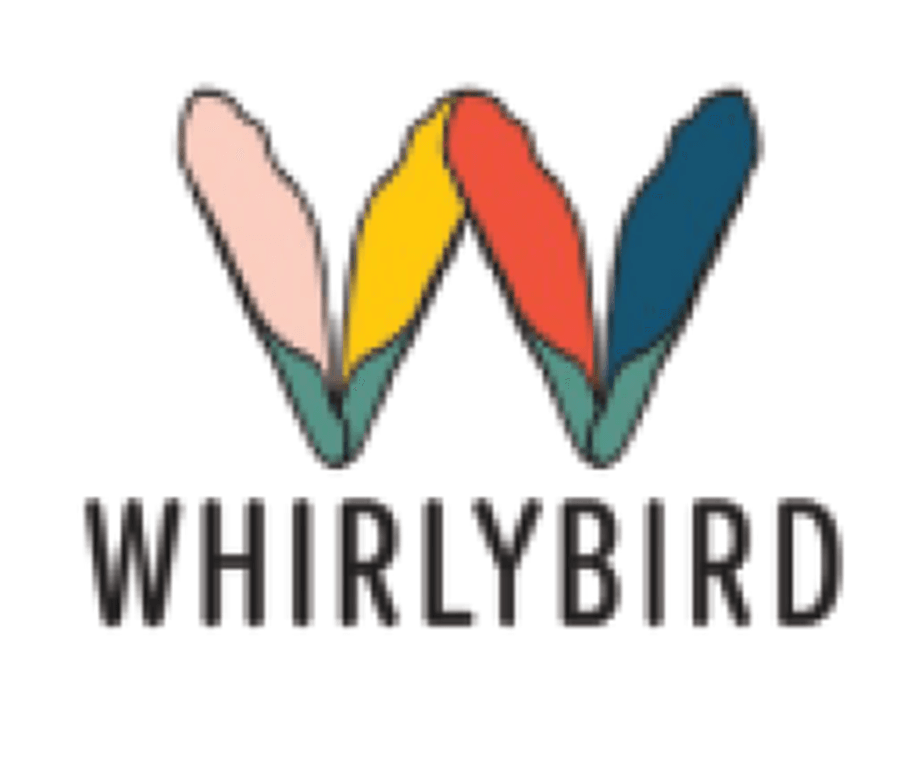The Food and Drug Administration on Friday approved the first personalized cell therapy to treat patients with advanced multiple myeloma. It will be marketed under the brand name Abecma by its makers, Bristol Myers Squibb and Bluebird Bio.
Multiple myeloma is a cancer that forms in plasma cells, a type of white blood cell that helps fight infections. In people with multiple myeloma, malignant plasma cells accumulate in the bone marrow, where they crowd out healthy blood cells, causing tumors, kidney damage, bone destruction, and impaired immune function.
Abecma was cleared by the FDA to treat patients with multiple myeloma that is no longer responsive to four or more previous lines of therapy. The treatment will cost $419,500, Bristol and Bluebird said.
Targeted treatments can delay progression offering hope for people with rare form of lung cancer
“This is a new chapter and a new opportunity for patients and caregivers in myeloma,” said Ken Anderson, a multiple myeloma expert at Boston’s Dana Farber Cancer Institute. “We now have a new modality, if you want to call it that, for myeloma therapy, so it’s very exciting and likely the first of many such approvals. It provides an option for our patients, many of whom have no other options.”
The FDA has now approved five patient-specific cell therapies, or CAR-T treatments. The other four medicines — two from Gilead Sciences, and one each from Novartis and Bristol — were approved for different forms of lymphoma, another type of blood cancer.
Abecma is made by first extracting white blood cells from multiple myeloma patients and, in a lab, genetically engineering them to recognize a protein known as B-cell maturation antigen (BCMA) found on malignant plasma cells. Once injected back into the patient, the re-engineered immune cells seek out and kill BCMA-containing cells.
It is the first approved CAR-T that targets the BCMA protein. The other four CAR-T treatments are made in the same way, but the T cells are engineered to target a protein called CD19.
For Bluebird, the approval of Abecma represents a much-needed win for the cancer side of the biotech that is scheduled to be spun out into an independent company by the end of the year. Bluebird invented the CAR-T treatment and later licensed rights to Celgene, which was then acquired by Bristol. Bluebird will share in the profits earned from the sale of Abecma in the United States.
The approval is also a rare bit of positive news for Bluebird at a time when its gene therapy arm has been beset by regulatory and safety setbacks.
“Today’s announcement represents an important milestone for Bluebird, marking both our first approved treatment in oncology and our first approved treatment in the United States,” said Bluebird CEO Nick Leschly, in a statement.
Bristol now joins Gilead as the only drug maker with two marketed CAR-T treatments. Its first CAR-T, Breyanzi, was approved in February. Breyanzi was invented by Juno Therapeutics, which was also acquired by Celgene, now part of Bristol.
“CAR-T cell therapies have shown transformational potential for the treatment of hematologic malignancies, and we, with our partners at Bluebird Bio, are proud to bring the first CAR-T cell therapy to appropriate triple-class exposed patients with relapsed or refractory multiple myeloma, offering the chance for durable response,” said Samit Hirawat, Bristol’s chief medical officer, in a statement.
Analysts, on average, are forecasting $103 million in Abecma sales for the remainder of the year, growing to $328 million in 2022 and $1.1 billion in 2025, according to Bloomberg.
But the Bristol-Bluebird medicine is also likely to have significant competition in the near future. Johnson & Johnson is expected to file its own BCMA-targeted CAR-T treatment with the FDA and European regulators this year. Scores of other cell therapies and antibody treatments for multiple myeloma that all target BCMA are also in various stages of clinical trials.
The FDA approved Abecma based on a clinical trial involving 128 patients with multiple myeloma, of which 59% were male. A breakdown of participants by race was not disclosed.
Across three dose levels ranging from 150 million to 450 million cells, the overall response rate was 73%, including a complete response rate of 33%. The median duration of response was 11 months. Patients lived for a median of nearly nine months without their disease worsening — a measure called progression-free survival.
One patient in the study died from a severe case of cytokine release syndrome, an immune-based side effect often associated with CAR-T treatment. Overall, moderate-to-severe cytokine release syndrome was reported in just under 6% of patients. Three percent of patients reported high-grade neurotoxicity, another side effect often seen in CAR-T therapy. The study was published in the New England Journal of Medicine in February.
Dana Farber’s Anderson said the 450 million-cell dose — the highest and most efficacious — is the one that will likely be used by the academic cancer hospitals where the treatment will be offered. In the study, patients treated with this dose showed a response rate of 82%, including a complete response rate of 39%, although side effects were also more frequent. These patients lived for a median of one year without their disease worsening.
